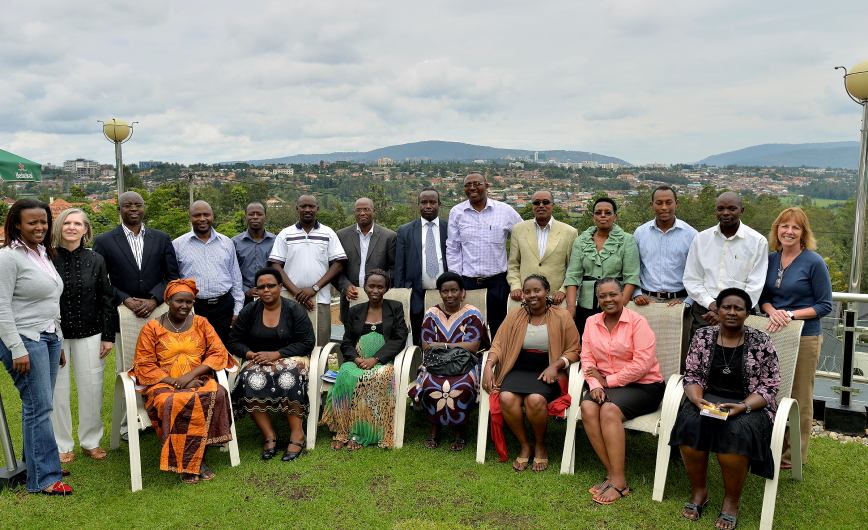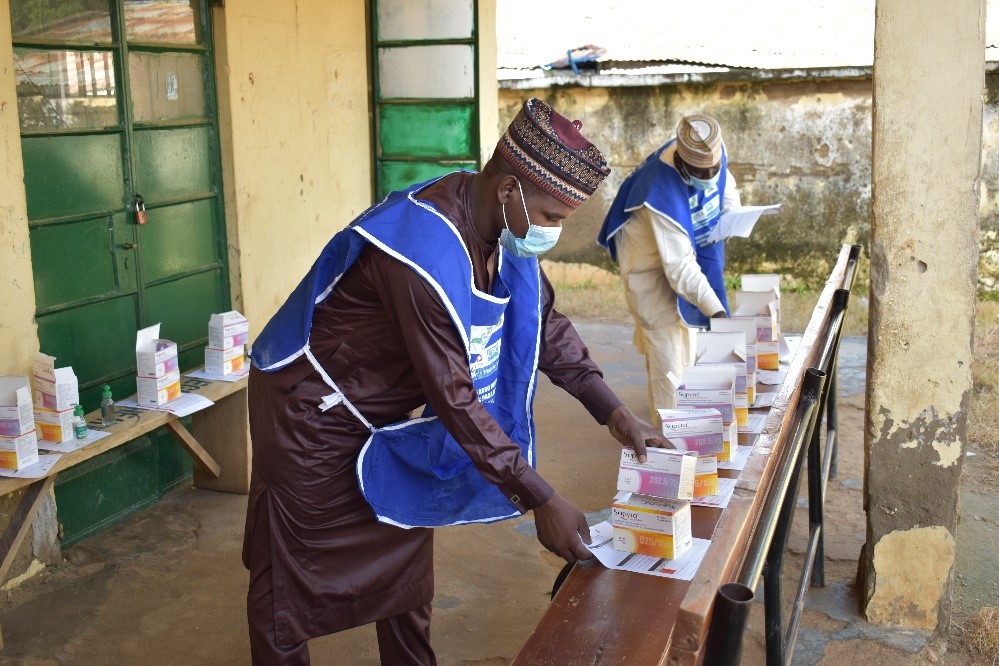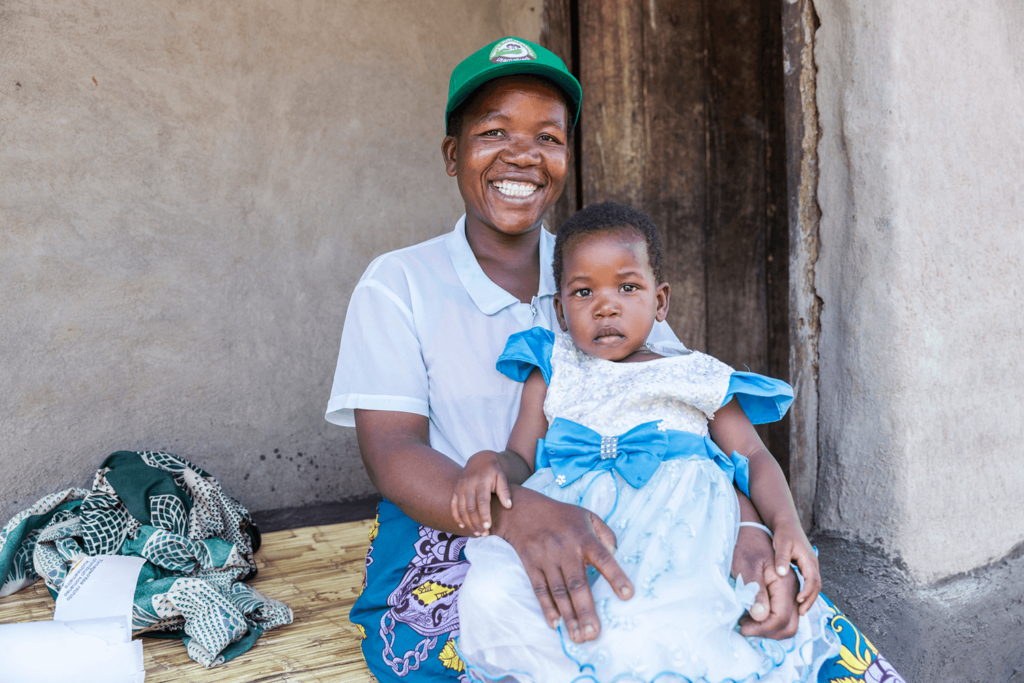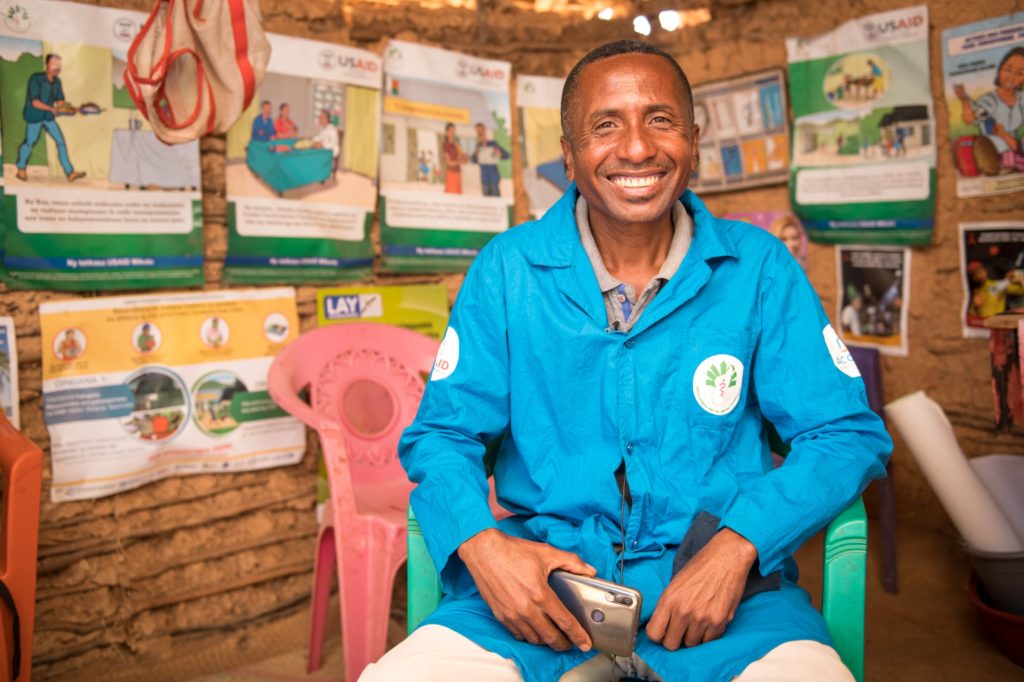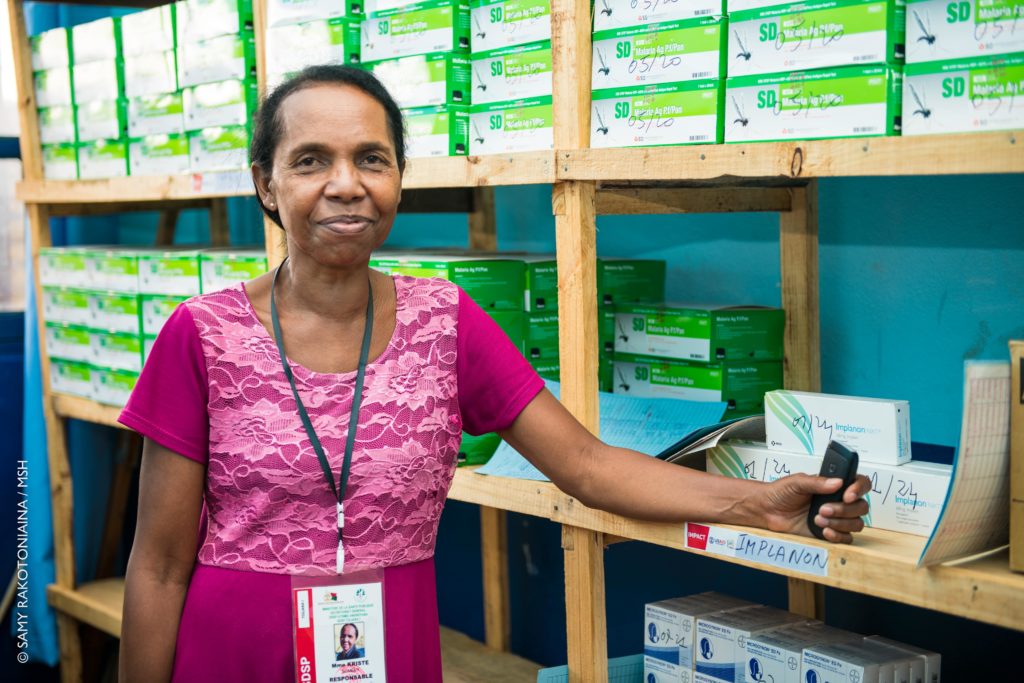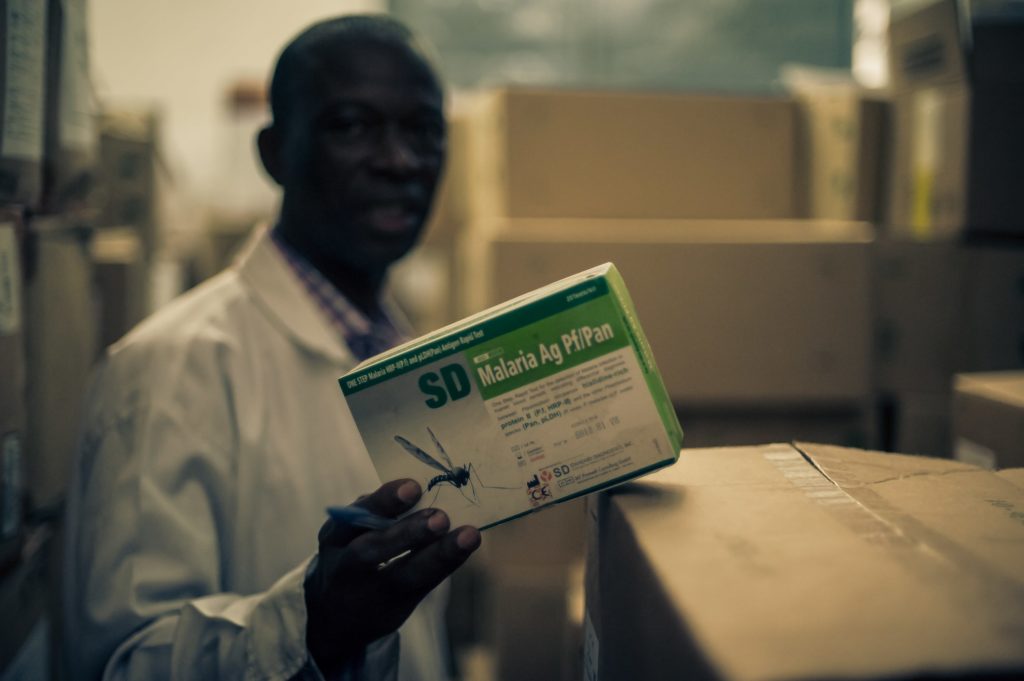Malaria
Malaria
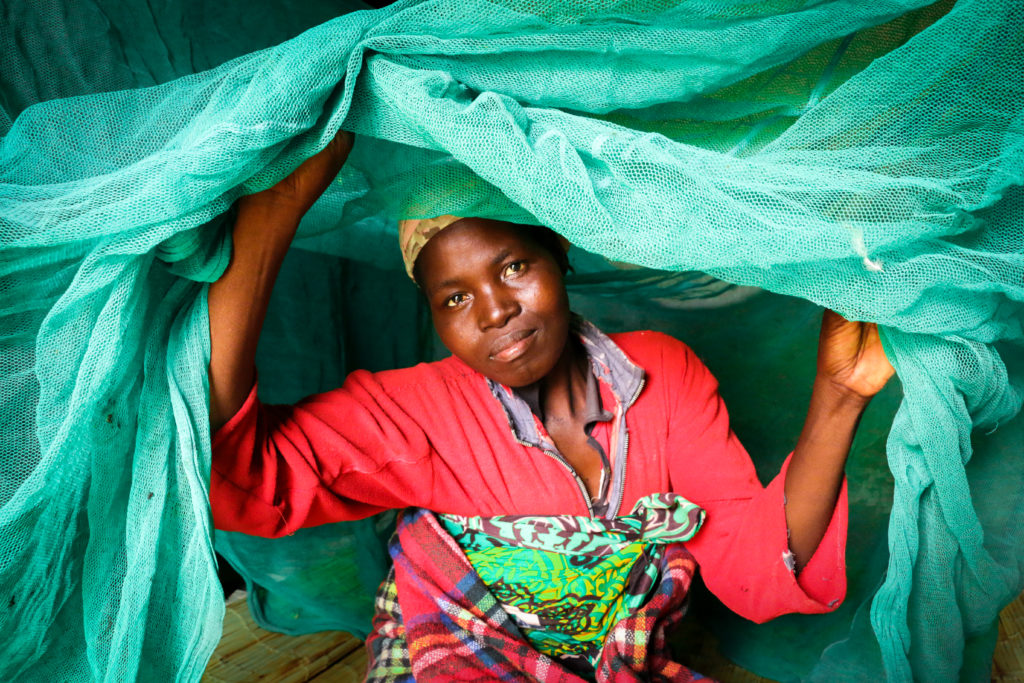
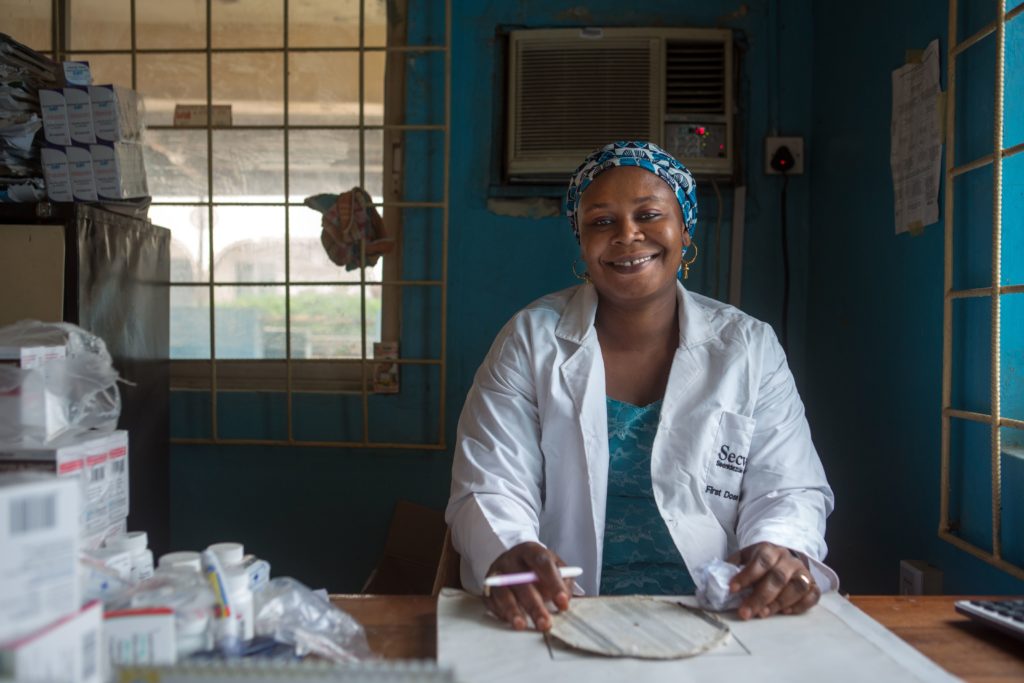
Combating Malaria on a Global Scale in Nigeria
Nigeria has the largest population in Africa, now exceeding 200 million across 36 states. Unfortunately, Nigeria is also home to 25% of the world’s malaria cases. MSH is a partner to the Government of Nigeria in combating malaria. Through our work with the Global Fund, covering 13 states, and USAID and the President’s Malaria Initiative, which will cover 8 states, MSH is supporting Nigeria’s National Malaria Eradication Plan from the ministry to the facility level across nearly 60% of the country. This means MSH is directly supporting 15% of the global malaria response in one country alone.
Fighting Malaria
MSH has been fighting malaria for three decades in over 40 countries. In partnership with national malaria control programs (NMCPs), donors, and international and local stakeholders, we help countries scale-up proven interventions to combat malaria, while building the capacity of health systems and developing innovative tools and technologies to prevent and treat the disease.
We build strong health systems that deliver high-quality antimalaria health services by developing accreditation standards—such as treatment guidelines—and building capacity of district officials, health workers, and community members. We support health departments in establishing benchmarks and leveraging health data to guide health workers toward improving the quality of service delivery for malaria and other illnesses.
Our approach to fighting malaria includes:
- Developing accreditation standards
- Improving the quality of malaria diagnosis and treatment
- Engaging the private sector
- Strengthening drug supply chains, data for decision making, and rational use of malaria products
Seasonal Malaria Chemoprevention in the Sahel Subregion of Africa: A Cost-Effectiveness and Cost-Savings Analysis
Nurturing Health and Hope: A Nurse’s Dedication to Malaria Prevention and Maternal Care in Nigeria
Preventing malaria in pregnancy requires skills and coordinated care. In 2020, PMI-S project trained Monica Akyok and other health workers in Nigeria’s Plateau State on how to administer malaria preventive medication along with antenatal care.
Join MSH at the American Society of Tropical Medicine & Hygiene (ASTMH) Annual Meeting 2023
Focusing on the theme From Evidence to Action, our malaria experts will be at the American Society of Tropical Medicine and Hygiene’s (ASTMH) Annual Meeting—#TropMed2023—in Chicago, IL, from October 18–22, to present our approaches to improving quality of care for malaria in Madagascar and Nigeria.
Meet Our Technical Experts
Please direct all inquiries and media or speaking engagement requests for our Technical Experts to Jordan Coriza at jcoriza@msh.org or 617-250-9107.
